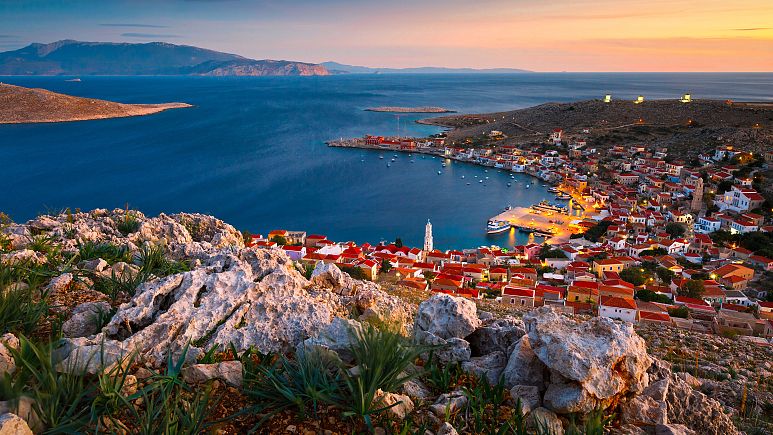
In recent years, we have had the opportunity to ponder our relationship with the environment. Consequently, we have come to recognize the importance of being more conscientious about our decisions, whether in our own homes or on holiday. To begin with, selecting an eco-friendly and sustainable accommodation is a good place to start when vacationing. If you want to learn more about how to do this, here are a few questions to consider asking.
What Are The Criteria’s To Qualify As An Eco-Friendly Hotel?
Certification for a hotel requires meeting specific standards in areas such as energy efficiency, water consumption, waste management policies, construction materials, design, community awareness, and sustainable site development. The most well-known certification in the hospitality industry is LEED (Leadership in Energy and Environmental Design). Other certificates, including EarthCheck, Green Key, Green Growth 2050, Forest Stewardship Council, The Rainforest Alliance, and Global Sustainable Tourism Council, are available.
Are Their Any Sustainability Reports?
Typically, these reports can be found on the company’s website. To determine how well the property was integrated into its environment, check for information on the amount of recycled or sustainable materials used in construction, such as certified wood, and whether the building is bioclimatic and outfitted with upcycled materials. You can also read about their carbon offset programs, staff training, community impact, energy consumption, linen reuse, recycling and waste management efforts, use of single-use plastics, and use of environmentally friendly cleaning products, among other things.
Is There A Waste Management And Recycling Plan In Place?
o ensure sustainability, it’s crucial to have a robust waste management system. Verify if the property composts food waste and learn about its efforts to reduce it. Inquire about their recycling practices, particularly their approach to plastic waste and how they manage any plastic waste generated.
What Is Their Plastic Policy?
Sustainable hotels opt for greener practices such as replacing plastic water bottles with reusable glass ones, some even having their bottling plant on-site. They are also transitioning from single-use shower toiletries to larger, refillable ones. Plastic straws and stirrers are being eliminated. When searching for eco-friendly accommodations, these are some factors to consider.
Do They Source Their Food Locally?
Check whether the hotel has a kitchen garden and follow a farm-to-table dining approach. Do they obtain their meat and eggs ethically? Is their menu created using seasonal produce? Lastly, do they adhere to sustainable seafood guidelines in their kitchen?
How Do They Save Water And Energy?
Inquire whether the establishment has adopted sustainable and energy-efficient measures, such as employing solar energy, LED lighting, and low-energy bulbs. Investigate the energy efficiency of their Heating, Ventilation and Air-Conditioning Systems (HVAC) system and other construction methods like insulation to decrease the demand for air conditioning, resulting in lower energy usage.
Source OutlookTraveller



